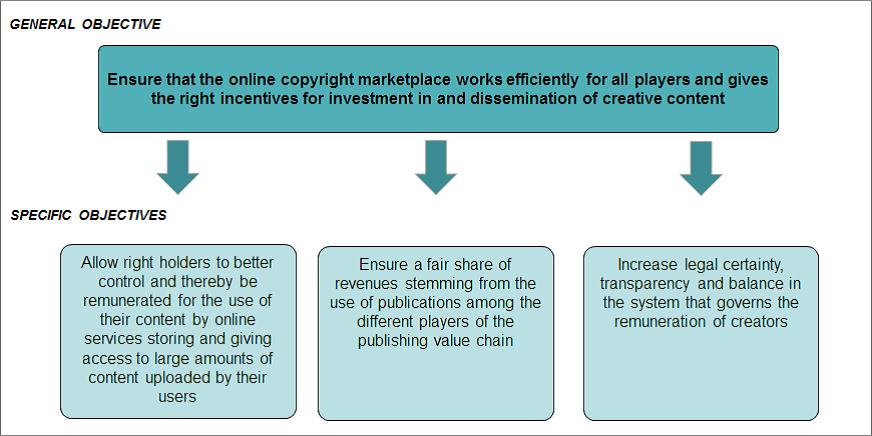Russian Ministry of Culture (MinCult) has proposed to track each film view in online cinema in special system (single federal informational automatic system of data on films demonstrations in cinema spaces). According to MinCult’s idea online cinemas have to connect to this system and provide it with data required and at their own account. Certainly online cinemas don’t like this idea.
Comments closed
